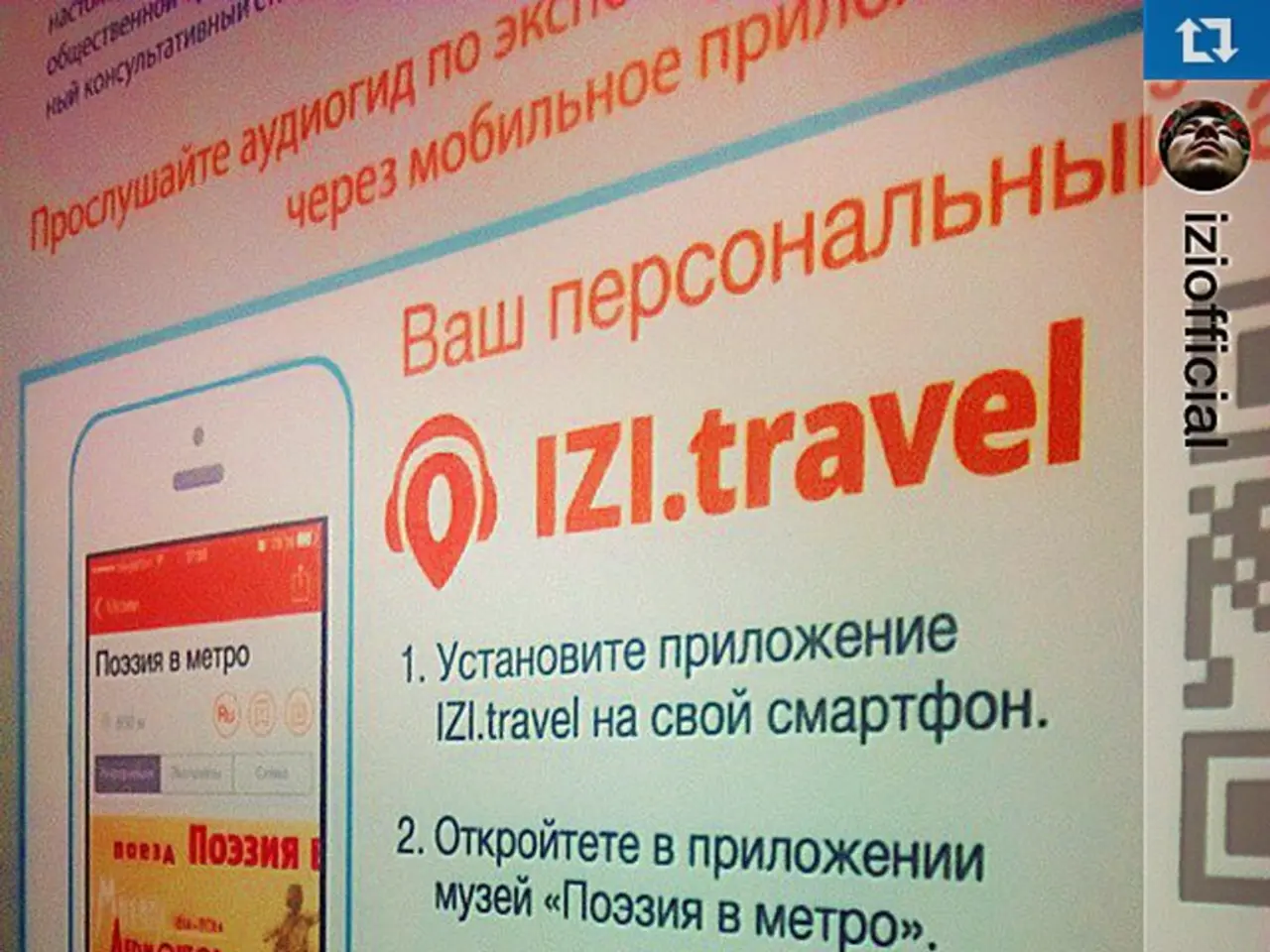Online Advertising Consent Framework Faced with Significant Ramifications According to Belgian Data Protection Authority's Decision
The Belgian Data Protection Authority (DPA) has issued a ruling today that questions the compliance of IAB Europe's Transparency and Consent Framework (TCF) with the General Data Protection Regulation (GDPR) and data protection laws. This decision has significant implications for the European Internet economy and online advertising.
The ruling highlights issues with transparency and control for users over their data, putting into question the legitimacy of the TCF as a framework for managing ad tech ecosystem consent across Europe. This could affect large-scale digital advertising operations dependent on the TCF, potentially slowing the European internet economy's growth.
IAB Europe, which represents a broad range of digital marketing and advertising stakeholders, has continuously updated its framework in line with guidance from regulators and data protection experts. However, the controversy underscores the tension between data protection authorities enforcing GDPR principles strictly and the economic interests of digital advertising.
The TCF is widely used by advertisers, publishers, and technology vendors to obtain user consent for targeted ads. Striking down the TCF will increase the cost and complexity of online advertising for European businesses. Virtually any website that seeks to generate income through targeted ads now risks falling foul of the law.
Benjamin Mueller, a senior analyst from the Center for Data Innovation, issued a statement regarding today's ruling. He referred to it as a self-inflicted wound on the European Internet economy, as the ban on targeted ads creates a stealth tax on European businesses that want to reach new customers online. The European Internet economy earns more than €16B per year from personalized ads, and SMEs and startups in particular benefit from targeted advertising, which is an affordable and effective form of marketing.
The ruling does not improve user privacy, which is safeguarded by the GDPR and its consent requirements. However, the controversy underscores the need for user-centric consent mechanisms and enhanced privacy compliance in the European online advertising ecosystem. This could induce operational shifts, increased compliance costs, and restructuring of ad tech standards across Europe to ensure lawful processing of personal data.
Despite the ongoing legal and regulatory disputes over the framework and its compliance interpretation, the ruling pushes the European online advertising industry towards stronger user consent safeguards and legal compliance. The final regulatory landscape is still evolving due to ongoing appeals and interpretations.
In conclusion, the Belgian DPA's ruling and subsequent legal developments have spotlighted critical data privacy challenges with the IAB Europe's TCF, driving a transition in Europe's digital advertising industry towards stronger user consent safeguards and legal compliance. The final regulatory landscape is still evolving, but the costs from the increased complexity of online advertising are likely to be passed on to consumers.
Read also:
- AI-led streamlining may intensify workforce reductions, assertions by BT's boss Kirkby in Financial Times piece.
- Artificial Intelligence Robot Implemented for Transformative Rail Inspection Operations by RTA
- Online bookstore and ticketing platform Yes24 remains incapacitated for a fourth consecutive day, causing inconvenience for users seeking digital services.
- Efficient Software Solutions Revolutionizing Construction Sector Security through Equipment Management!






